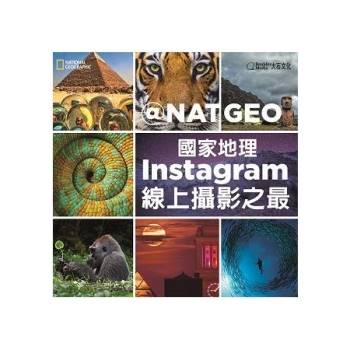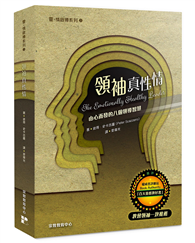This collection offers a comprehensive account of the development of intercultural communication strategies through Virtual English as a lingua franca, reflecting on the ways in which we make pragmatic meaning in today’s technology-informed globalized world.
The volume places an emphasis on analyzing transmodal, trans-semiotic, and transcultural discourse practices in online spaces, providing a counterpoint to existing ELF research which has leaned towards unpacking formal features of ELF communication in face-to-face interactions. The chapters explore how these practices are characterized and then further sustained via non-verbal semiotic resources, drawing on data from a global range of empirical studies. The book prompts further reflection on readers’ own experiences in online settings and the challenges of VELF while also supplying educators in these contexts with the analytical resources to better bridge the gap between formal and informal learning.
Highlighting the dynamic complexity of online intercultural communication in the twenty-first century, this book is a valuable resource for students and scholars in applied linguistics, language education, digital communication, and intercultural communication.












